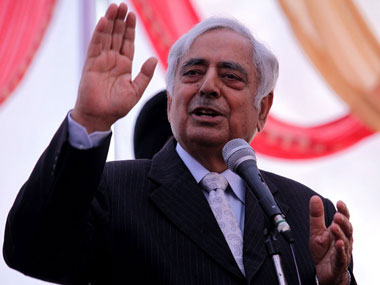Srinagar, Mar 30: Jammu and Kashmir Chief Minister Mufti Mohammad Sayeed has asked the Army to provide logistic support, in terms of men and machinery, to the civil administration to effectively counter the flood situation in the Valley.
 The direction to this effect was issued during a review meeting chaired by Sayeed here last evening. The army representative assured the Chief Minister that the Army will provide all required support to the government to tackle the imminent threat of floods, an official spokesman said.
The direction to this effect was issued during a review meeting chaired by Sayeed here last evening. The army representative assured the Chief Minister that the Army will provide all required support to the government to tackle the imminent threat of floods, an official spokesman said.
Sayeed also issued instructions to utilize rescue teams of State Disaster Response Force (SDRF) if the situation so demands.
Talking to reporters at Lal Chowk this morning, Sayeed said government is taking all necessary steps to mitigate the problems of the people.
"We are monitoring the situation and all necessary steps have been taken to meet any eventuality," Sayeed said, adding, a team of ministers has been deputed for maintaining vigil on ground.
Sayeed also assured the small traders who were affected by last year's floods in the state that the government will provide them assistance to restart their businesses.





Comments
Add new comment